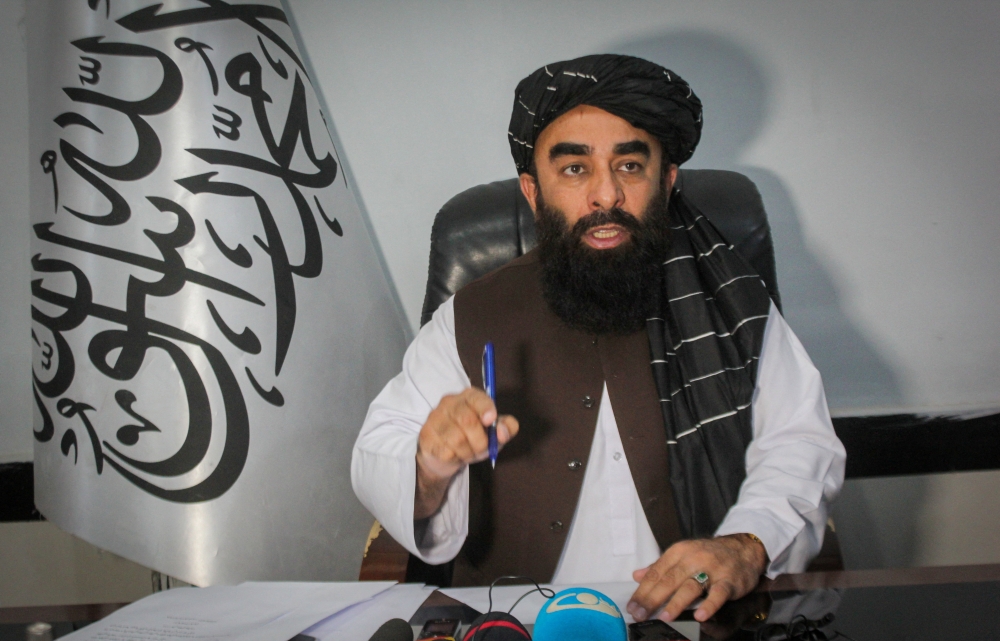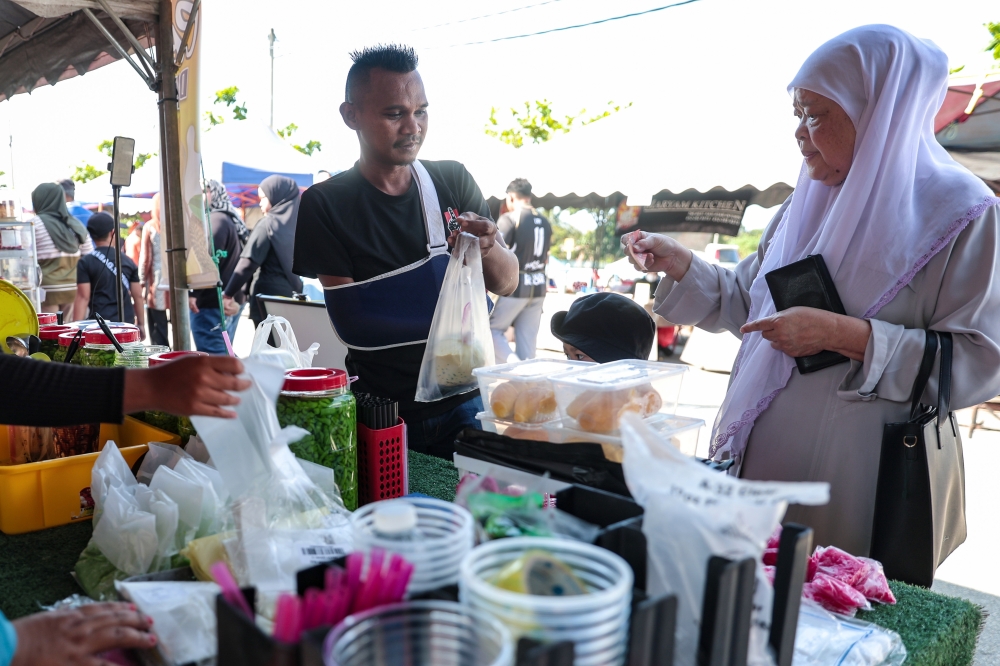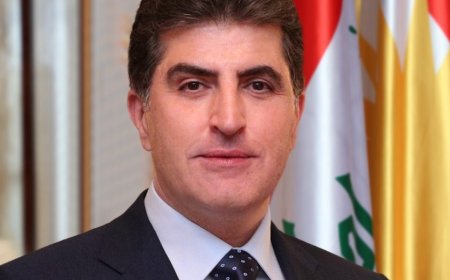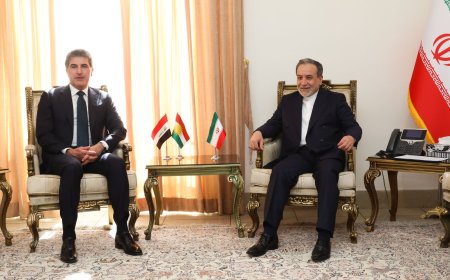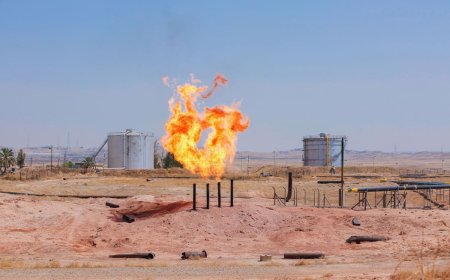Iraq’s water storage hits historic 8% low as crisis deepens

ERBIL, Kurdistan Region - Iraq’s water storage has dropped to a historic low, with current levels at less than 8 percent, a senior water ministry official told Rudaw on Monday, pointing to a sharp decline in the country’s upstream flows.
Ministry Spokesperson Khaled Shamal described the water situation in Iraq as “complex and critical, as more than 70 percent of Iraq's water resources flow from outside the country.”
Noting that “there is a significant reduction and deficit in Iraq's water share,” Shamal detailed that the water currently reaching Iraq is “less than 30 percent of its rightful share, whereas last year it was double.” He added that the country’s water storage is now “the lowest in the history of the Iraqi state.”
Iraq relies heavily on the Tigris and Euphrates rivers for its water supply, both of which originate in Turkey. However, extensive dam projects in Turkey, particularly the Southeast Anatolia Project (GAP), have drastically reduced water flow downstream into Iraq.
Although Baghdad remains “in contact and dialogue” with Turkey and Iran, Shamal said, “there has been no significant response to increasing the water share so far, especially from the Turkish side, where the water release is unstable and intermittent," he added.
The water ministry official further noted that the reduced supply has had a “major impact” on access to clean drinking water in remote Iraqi regions, and on agriculture, wetlands, and the Shatt al-Arab river - where the Tigris and Euphrates meet in southern Iraq.
In early September, the ministry reported that Turkey had promised to increase the water for downstream Iraq “within the framework of joint cooperation, understandings and good relations.”
Water Resources Minister Aoun Diab contacted Ankara urging an “increase in water releases into the Tigris and Euphrates rivers, to overcome the water shortage crisis and maintain the environmental flow of the two rivers,” the ministry said.
Back in July, Turkey had also agreed to increase water releases into the two rivers by 420 cubic meters per second daily. Turkish President Recep Tayyip Erdogan said that his country “shares what God has bestowed upon it with its brothers in Iraq and will not withhold it from them,” a statement from the Iraqi legislature then relayed.
However, in the weeks that followed Iraqi politicians accused Turkey of failing to fulfil its promises.
In mid-August, Iraqi lawmaker Thaer al-Jabouri, a member of the parliament’s agriculture, irrigation, and marshlands committee, told Rudaw that “Turkey has not upheld its commitment to release Iraq’s water shares. He urged that Turkish companies be barred from operating in Iraq “if Turkey continues this policy.”
In response, two Turkish government officials, who spoke to Rudaw on condition of anonymity, in mid-August denied that Ankara had reduced the water flow, adding that Iraqi officials have expressed satisfaction with the current levels. Turkey itself is facing a “severe” drought, though this has not impacted the water flow from Turkey to Iraq, the officials noted.
[Source: Rûdaw English]


